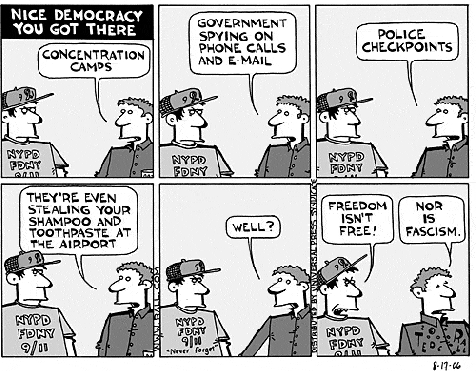
Skype & Snapchat, among other companies, have failed to adopt basic privacy protection as recent stated in Amnesty International’s special report “Message Privacy Ranking” report. The report compares 11 popular instant messaging services. Companies were ranked based on their recognition of online threats to human rights, default deployment of end-to-end encryption, user disclosure, government disclosure, and publishing of the technical details of their encryption. “If you think instant messaging services are private, you are in for a big surprise. The reality is that our communications are under constant threat from cybercriminals and spying by state authorities. Young people, the most prolific sharers of personal details and photos over apps like Snapchat, are especially at risk,” Sherif Elsayed-Ali, Head of Amnesty International’s Technology and Human Rights Team said in a statement. “Snapchat” only scored 26 points in the report (out of 100) and Blackberry was rated even worse at 20 points). Skype has weak encryption, scoring only 40. The middle group in the rankings included Google, which scored a 53 for its Allo, Duo, & Hangouts apps, Line and Viber, with 47 each, and Kakao Talk, which scored a 40. The report also stated “that due to the abysmal state of privacy protections there was no winner.” On a side not protecting privacy rights is also part of the motivation behind the Let’s Encrypt Project, which to use to supply free SSL Certificates. Amnesty International has petitioned messaging services to apply “end-to-end encryption” (as a default feature) to protect: activists, journalists, opposition politicians, and common law-abiding citizens world-wide. It also urges companies to openly publish and advertise the details about their privacy-related practices & policies. About the most popular instant messaging app: “Whatsapp” - Facebook has thrown everybody a new surprise twist. WhatsApp is updating its privacy policy. Facebook wants your data and end-to-end encryption is going to soon be shut off. WhatsApp , now owned by Facebook, started some uproar this week after the announcement that it's changing its terms (or privacy) to *allow* data to be shared with Facebook. It means that for the first time Whatsapp will give permission to connect accounts to Facebook. This is after pledging,...














